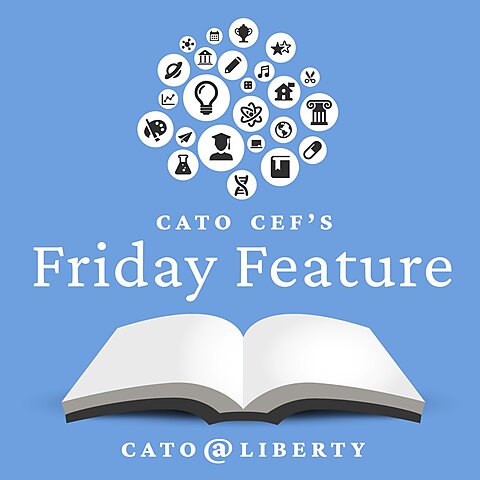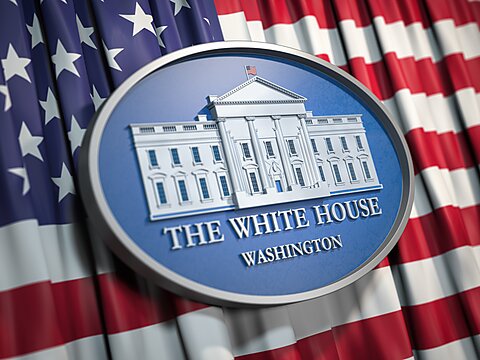
Disbarment, Attorney Discipline, and Occupational Licensing
In the aftermath of Donald Trump’s efforts to remain in office notwithstanding the 2020 election, many lawyers who assisted him along the way are facing disciplinary and disbarment proceedings. New York and District of Columbia bar authorities suspended Rudolph Giuliani’s license to practice after finding him to have broken various rules, and former Justice Department lawyer Jeffrey Clark faces similar proceedings in D.C. Colorado bar authorities censured attorney Jenna Ellis saying that she violated a “duty of candor to the public” by repeatedly misrepresenting facts about the supposed election theft. And in proceedings that begin this week, California bar authorities are seeking to strip John Eastman of his license to practice over a course of conduct including, but not limited to, preparing a memo arguing that Vice President Mike Pence had the authority to block certification of the election. (Eastman’s lawyers have said the memo merely lays out scenarios and deny that it “proposes any particular course of action.”)
The various proceedings raise issues of wide interest, but I’d like to focus on an issue that may seem narrow. If, with Milton Friedman and many other liberty‐minded writers, we take a skeptical view of occupational licensure as tending to do more harm than good, does it follow that we should also take a dim view of lawyer disbarment and discipline? After all, if clients should be free to choose the doctor they want, why should they not be free to choose a lawyer who may have displayed “moral turpitude,” lied to the public or courts, or behaved disloyally toward the Constitution or laws, to name some of the allegations in these cases? If a lawyer engages in some kind of misconduct that clearly merits punishment, such as submitting falsified documents, then – the argument might go — perhaps that punishment could be meted out by way of direct criminal prosecution.
There are many reasons, however, why such a critique may get ahead of itself.
To begin with, lawyers play multiple roles in society, and a correct analysis may not lead down the same path for all the roles. Some things lawyers do, such as drafting wills and advising on the state of the law, are relatively private and peaceful. When lawyers botch these roles, the consequences most often fall on the client. If we go along with Milton Friedman’s argument that a free marketplace would provide patients with adequate ways to avoid quack doctors, maybe by analogy we can go along with the idea that clients can steer clear of incompetent contract‐drafting lawyers.
But lawyers also wield powers to initiate coercive legal process – powers that are in effect delegated by the state, and that have no real equivalent among dentists, barbers, or plumbers. When they use this set of powers, lawyers can compel you – a stranger who never chose to hire them — to attend court dates against your will, reveal your private secrets and thoughts against your will and under oath, and shoulder the costs of a defense that might drain you of every penny you own. Not surprisingly, many schemes of lawyer regulation (though not ours) recognize a distinction between lawyers with a primarily advisory role, who are less regulated, and lawyers who act in serious court proceedings, who are held to higher standards. (Britain’s solicitor‐barrister distinction tracks a similar, though not quite identical, line based on “rights of audience.”)
As we have seen, the response to the problem of shoddy advisory and document‐drafting lawyers will often take place under a rationale of own‐client protection. But when lawyers misbehave in court, those they injure will very often be adversaries or actors in the court system itself. (The lawyer’s own client might be okay with the misconduct or even approve of it as a way to win.)
A related point is that while licensing in other occupations arises from powers of the legislative and executive branches of government, lawyer discipline springs historically from the courts’ inherent powers, powers that were jealously guarded by the common law courts. And while protection of consumer interests did figure into the picture – mishandling client funds remains a good way to lose a law license – the common law judges were particularly intent on excluding lawyers whose conduct might threaten the work of justice. It is true now, as it has probably been immemorially, that one of the surest ways to get the hammer of legal discipline to land on your head is to get caught lying to the judge.
There are yet more complications. In practice, courts tend to delegate a lot (too much?) of the disciplinary process to bar panels and other ostensibly independent actors, and much could be and has been said about the hazards of the resulting mystique of “self‐regulation.” Still, the courts continue to play key roles in lawyer discipline. At the front end, judges disgusted at a lawyer’s conduct in court can flag it as suitable for discipline, as has happened repeatedly in the Trump election saga. And the supervision is more explicit at the back end when a relevant court (such as a state high court) serves as the final arbiter of whether to exclude a lawyer from practicing in the future before its judges.
The power of courts to regulate their own proceedings and participants, as they have done under centuries of common law, is one we tamper with at our peril.



